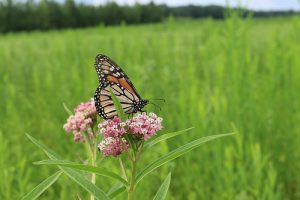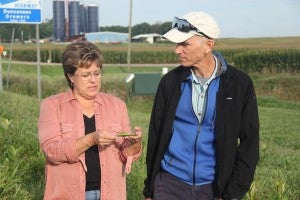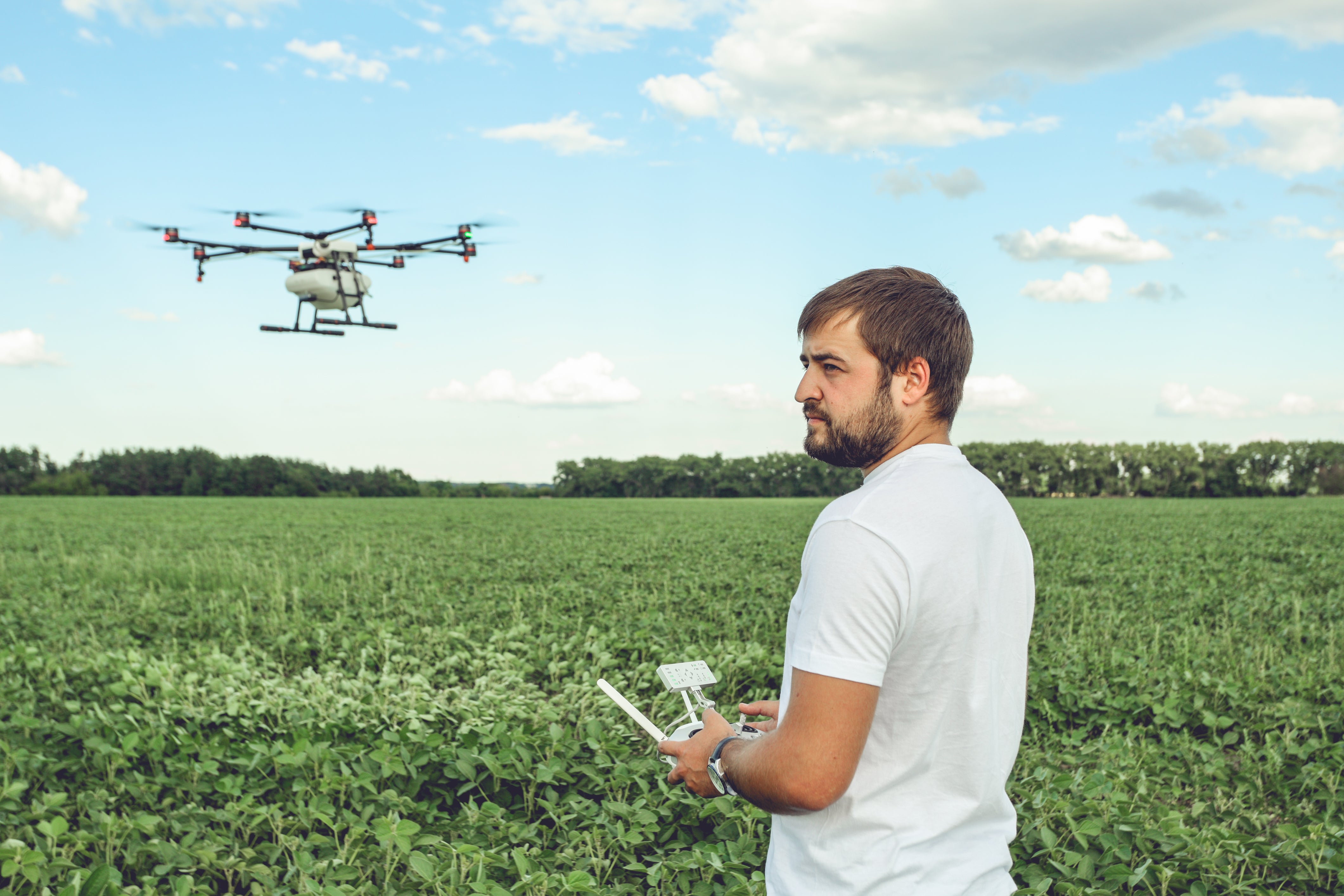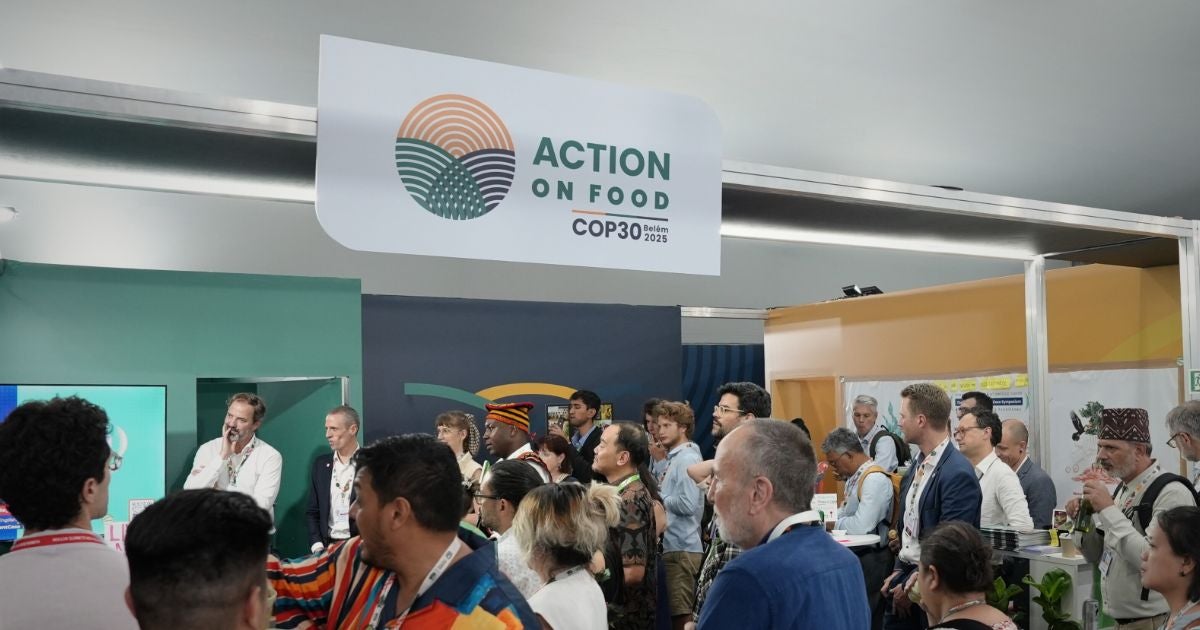Once a pesky plant for farmers, this weed presents a new opportunity

A recent article called milkweed a “yield-robbing weed” for farmers.
Milkweed has a reputation for encroaching on cropland where it can compete with crops for soil and light. The plant can also create a nuisance on ranchlands, as cattle can be poisoned when poor foraging conditions lead hungry cows to milkweed-concentrated areas as a last resort.
This is why milkweed is difficult to find on most farms and ranches today. Along with climate change, it’s also a key reason why the beloved monarch butterfly population has declined by more than 90 percent in the last two decades.
The importance of milkweed
Milkweed is essential for monarchs, since butterflies need the plant to lay their eggs, and caterpillars exclusively feed on the milky sap-filled plant. It’s what makes monarchs poisonous to predators.
Increased herbicide application across the agricultural landscape, as well as mowing in roadside ditches and marginal areas, is eradicating milkweed from rural areas in the Corn Belt and other key regions of the monarch’s migration route.
In order to turn things around for the monarch, we need to change the incentive for landowners from spraying and mowing to protecting and restoring this vital habitat.
[Tweet “How two farmers are saving monarch butterflies by making room for milkweedhttps://edf.org/8DG”]
The opportunity for farmers and ranchers

Analysis from the U.S. Geological Survey found that 1.8 billion new milkweed stems are needed to recover the monarch population and reverse losses.
Another recent study found that this goal cannot be achieved unless a substantial amount of acreage on farms is restored to monarch habitat that includes a diverse mix of milkweed and other wildflowers for nectaring.
Restoration efforts are being designed specifically for these working lands, targeting restoration projects for field edges, buffer zones and marginal lands that would not decrease the productivity of a farm or ranch.
In fact, restoring prairie habitat can increase productivity by improving pollination of crops, water filtration and carbon sequestration.
A farmer’s testimonial for planting milkweed
Kristin and Pat Duncanson of Duncanson Growers in Mapleton, Minnesota recognize the opportunity to improve pollinator habitat on their family farm.
“Farmers are naturally conservationists. We are the stewards of the land. This is an opportunity, but it’s also a responsibility – to leave the land, the animals we produce, in better shape than how we found them,” Kristin said.

But that wasn’t always the case.
“My entire farming career up until about two years ago was getting rid of this weed,” Pat said. “We were too good at eliminating it and now we’ve maybe gone too far. There’s collateral damage.”
In addition to growing corn, soybeans and peas, and producing pork, the Duncansons have adopted a number of sustainable practices that include increasing fertilizer efficiency, reducing tillage where possible, rotating crops, and maintaining high quality habitat for monarch caterpillars and butterflies. These practices represent a larger industry shift toward more diverse farming systems that incorporate sustainability measures to improve the long-term health of the land.
With the willingness of farmers like Kristin and Pat to steward habitat for pollinators, we can bring milkweed and other native plants back to the landscape, and help put the monarch butterfly on the path to recovery.
Related:
How the Midwest can save the monarch >>
Monarchs still need milkweed, and farmers are growing it >>
How food companies can turn the pollinator emergency into a big opportunity >>













One Comment
What a shame if we let the greed of an industry for temporary profits push a beautiful animal like an entire butterfly species into extinction forever. We really need a reality check on what’s most important.
I am glad the Duncansons are willing to take some personal responsibility, but all by themselves their efforts won’t amount to much. Big industrial agriculture has long gotten away with murder by demonizing any and everything to do with protecting the environment because of a selfish, constipated fear that helping out might cost them some money. It’s time to throw the mean-spirited anti-environmental blowhards out everywhere. All they care about, and all they’ll EVER care about is enriching themselves, the rest of the world be dammed.